Career in Siddha Medicine in India: Siddha medicine represents a traditional medical system in India, with practitioners known as siddhars or Siddha doctors. This practice draws upon ancient texts composed in Tamil, which has contributed to its prominence in Tamil-speaking regions of the country. This article explores career opportunities within Siddha medicine in India and outlines the various job prospects available upon completion of a Siddha medicine program.
The formalization of Siddha education occurred in the mid-20th century to address public health needs. Since that time, academic and scientific research in this field has advanced significantly. The government is actively engaged in the collection, evaluation, and organization of existing manuscripts related to Siddha medicine.
Are you interested in becoming a Siddha specialist but uncertain about how to begin? This article aims to provide clarity and guidance.
Quick Facts
The following is a summary of the Career in Siddha Medicine course in India:
| Particulars | Description |
| Course Name | UG: BSMS PG: MD |
| Course Duration | UG: 5.6 years PG: 3 years |
| Eligibility | UG: 10+2 PG: BSMS Degree |
| Admission Process | UG: NEET PG: AIAPGET |
| Average Course Fees | INR 17,875 |
| Average Starting Salary | 2.3 Lakhs p.a |
| Career Options | Pathologist, Dermatologist, Physiologist, Lecturer, Medical Botanist |
| Employment Sector | Own clinic, public hospital, research field, a medical professor |
What is Siddha Medicine?
Siddha Medicine is a traditional Indian healing system that originated in southern India, emphasizing eight supernatural powers. Siddhars maintain that a healthy body is essential for a virtuous soul, underscoring the significance of Siddha medicine. This system is particularly effective for a wide range of ailments, excluding emergency situations.
The spectrum of treatable conditions includes skin diseases (notably psoriasis), sexual disorders, urinary infections, and common illnesses such as fever, colds, headaches, and allergies. Siddhars initiate treatment only after identifying the root cause of the ailment, which is assessed through examinations of heartbeats, skin color, eyes, auditory responses, tongue appearance, and digestive health. The Siddha medicine curriculum prioritizes the patient’s age, background, gender, health status, and overall well-being over the specific disease.
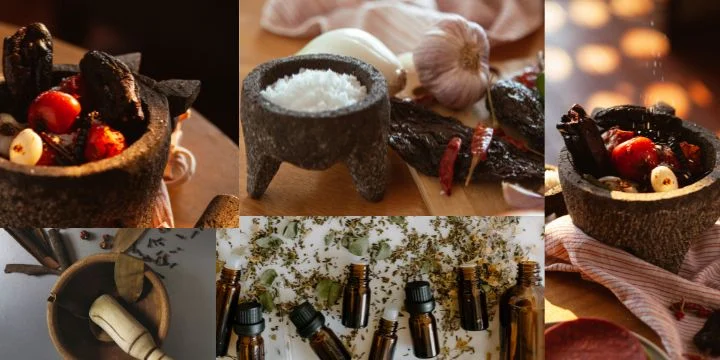
Who are Siddha Doctors?
Siddha doctors deliver tailored treatments that take into account the physical, mental, and emotional health of their patients, as well as their dietary habits and living conditions. While their role shares similarities with that of other medical practitioners, the methodologies and remedies employed may vary significantly.
Siddha practitioners oversee the operations of Siddha clinics, ensuring the accurate preparation of medicines and that patients adhere to their prescribed treatment regimens.
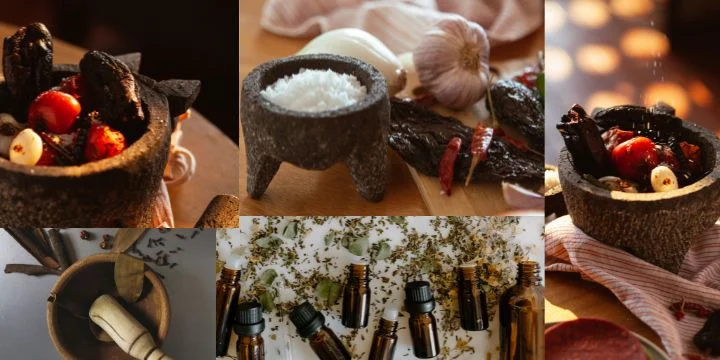
Career Opportunities in Siddha Medicine in India
To pursue a career as a specialist in Siddha medicine, individuals can obtain a degree by enrolling in a Siddha medicine program.
Undergraduate Programs
| Course Name | Duration |
| Bachelor of Siddha medicine and surgery (BSMS) | 5.6 years |
Postgraduate Programs
| Course Name | Duration |
| MD (Siddha) Varma Maruthuvam (Varma Medicine) | 3 years |
| MD (Siddha) Varma Maruthuvam (External Therapy) | 3 years |
| MD (Siddha) Nanju Maruthuvam (Toxicology) | 3 years |
| MD (Siddha) Noi Naadal (Pathology & Diagnostic Methods) | 3 years |
| MD (Siddha) Pothu Naruthuvam (General Medicines) | 3 years |
| MD (Siddha) Gunapadam (Pharmalogy) | 3 years |
| MD (Siddha) Kuzhanthai Maruthuvam (Paediatrics) | 3 years |
| MD (Siddha) Siddhar Yoga Maruthuvam (Yoga Science) | 3 years |
| MD (Siddha) Siddha Maruthuvam Adipaadai Ariviyal (Fundamental Principles of Siddha Medicine) | 3 years |
| MD (Siddha) Aruvai Maruthuvam (Siddha Surgical Procedures) | 3 years |
| MD (Siddha) Sool and Magalir (Obstetrics and Gynecology) | 3 years |
| MD (Siddha) Thoi Maruthuvam (Dermatology) | 3 years |
Admission Process for Siddha Medicine Courses
- Candidates aspiring to enroll must have completed their 10+2 education with a minimum aggregate of 50% in the science stream (Physics, Chemistry, Biology) to qualify for the Siddha medicine program.
- For undergraduate courses, a valid NEET scorecard is necessary, and candidates must engage in the Tamil Nadu Ayush NEET counseling process.
- Admission to postgraduate courses requires the AIAPGET score, with counseling conducted through Tamil Nadu AIAPGET.
Eligibility Requirements
Candidates must meet specific eligibility criteria to enroll in the courses offered by various colleges and institutions.
The primary requirements for undergraduate course admission are as follows:
| Particulars | Description |
| Age Limit | Minimum 17 year of age on December 31 of the application year |
| Qualification | Candidates must have passed 10+2 or equivalent with physics, chemistry, biology/biotechnology and English as the core subjects. Candidates must have passed class 10th with Urdu or Arabic or Persian language as a subject or must have passed the test of Urdu of class 10th |
| Qualifying Exam Marks | All general category candidates must have at least 50% marks in 10+2 or equivalent examination. Reserved category candidates must have at least 40% marks |
| Qualifying Entrance Exam | According to the Ministry of AYUSH, completing the entrance exam is also necessary to qualify for a BSMS. Candidates must have a qualified NEET exam. |
The primary requirements for postgraduate course admission are as follows:
| Particulars | Description |
| Qualification | Candidates with qualified bachelor of siddha medicine and science (BSMS) are ready to take admission for MD in siddha medicine |
| Qualifying Entrance Exam | AIAPGET |
Syllabus for Siddha Medicine Courses in India
The syllabus for the Siddha medicine program includes the following topics:
| Semester I | Semester II | Semester III |
| Biochemistry | Pharmacology I | Varmam Therapy |
| Siddha Medicine- Principles and History | Siddha Pathology | Toxicology and Forensics |
| Physiology I | Microbiology | Paediatrics |
| Communicative English | Pharmacology II | Gynecology and Obstetrics |
| Physiology II | Animal and Plant Kingdom Anyalysis | Dental Disease and Bone setting Surgery |
| Pharmacognosy | Modern Pathology Principles | Special Medicine and External Therapy |
| Anatomy I | Pharmaceuticals | National Health Policies |
Leading Siddha Medical Colleges in India
Numerous institutions across India provide Siddha medicine courses. Some of the top Siddha Medical Colleges in India include:
| S.No. | Top Colleges | Fees |
| 1 | Government Siddha Medical College Chennai | INR 17,875 |
| 2 | Government Siddha Medical College Tirunelveli | INR 17,875 |
| 3 | Santhigiri Sidhha Medical College, Thiruvananthapuram Kerala | INR 245150-(AIQ) |
| 4 | Sivaraj Siddha Medical College Salem | INR 3,00,000(AIQ) |
| 5 | National Institute of Siddha Chennai |
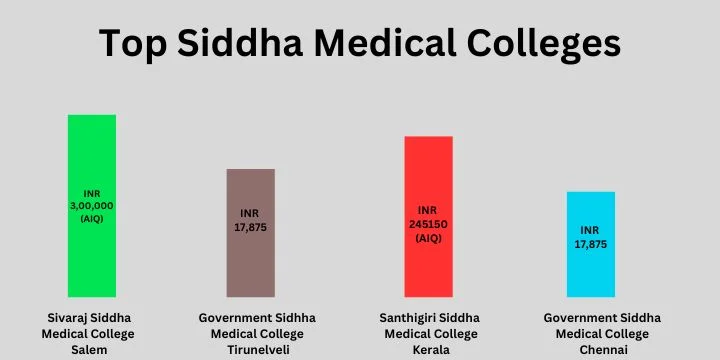
State-wise Siddha Medical Colleges in India
The following is a list of Siddha medical colleges categorized by state:
| State | State |
| Andhra Pradesh | Nagaland |
| Arunachal Pradesh | Odisha |
| Assam | Punjab |
| Bihar | Rajasthan |
| Chhattisgarh | Sikkim |
| Goa | Tamil Nadu |
| Gujarat | Tripura |
| Haryana | Telangana |
| Himachal Pradesh | Uttar Pradesh |
| Jharkhand | Uttarakhand |
| Jammu and Kashmir | West Bengal |
| Karnataka | Andaman and Nicobar |
| Kerala | Chandigarh |
| Madhya Pradesh | Delhi |
| Maharashtra | Daman and Diu |
| Manipur | Dadar and Nagar Haveli |
| Meghalaya | Lakshadweep |
| Mizoram | Pondicherry |
Career Opportunities and Employment for Siddha Practitioners
Siddha specialists can find numerous rewarding, challenging, and lucrative job opportunities across various sectors. The government has established a dedicated division for Siddha medicine, known as the Central Council for Research in Siddha (CCRA), which underscores the significance of Siddha medicine in India. The CCRA annually recruits a considerable number of Siddha specialists for research roles.
Several institutions in India provide education in Siddha medicine, allowing well-qualified Siddha professionals to pursue teaching positions within the Siddha department. Various sectors, including the Ministry of Health and AYUSH, Central Research Council, health departments, clinics, nursing homes, laboratories, and pharmaceutical industries, present a wide array of job opportunities for Siddha doctors.
Career Paths for BSMS Graduates
The following are some esteemed and popular career options available to individuals holding a BSMS degree:
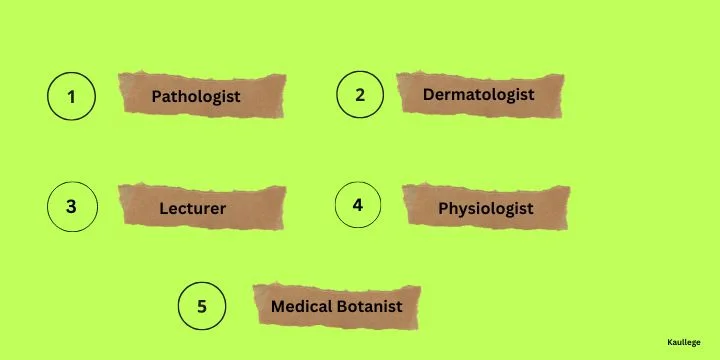
Employment Opportunities for BSMS Graduates
The potential employers for those who have completed their BSMS are as follows:
- Establishing a private clinic
- Serving as a Siddha physician in a public hospital
- Engaging in clinical research
- Teaching Siddha medicine at an academic institution
Responsibilities of a Siddha Doctor
As a Siddha practitioner, the daily activities typically include:
- Conducting patient appointments and assessing their pulse using the distinctive methods outlined in the Siddha treatment system.
- Formulating a diagnosis based on examinations of the skin, tongue, complexion, speech, eyes, urine, and stools.
- Prescribing Siddha medicines derived from herbs, animal products, and minerals.
- Advising patients on dietary needs and hygiene practices.
Essential Skills
Siddha doctors utilize specialized medical knowledge and skills to diagnose and treat various medical conditions, diseases, and disorders. The following skills are essential for success in this field:
- Effective communication skills
- Problem-solving abilities
- Attention to detail
- A caring and empathetic approach towards patient treatment
- Time management and leadership capabilities
- Compassion and a pleasant bedside manner.
- Capacity to endure extended working hours and perform effectively under pressure
- Proficiency in decision-making
Average Salary
The starting salary for a siddha medical professional typically falls between 2 lakh and 6.5 lakh annually. This amount may differ based on whether the position is in the public or private sector:
Government Employment Opportunities for BSMS:
| Job | Average Salary |
| Community Health Worker | 2.3 LPA |
| Research Assistant (Medical) | 3.5 LPA |
| Drug Safety Officer | 4.6 LPA |
| Medical Officer | 6.4 LPA |
Graphical Representation for Government Employment Opportunities for BSMS
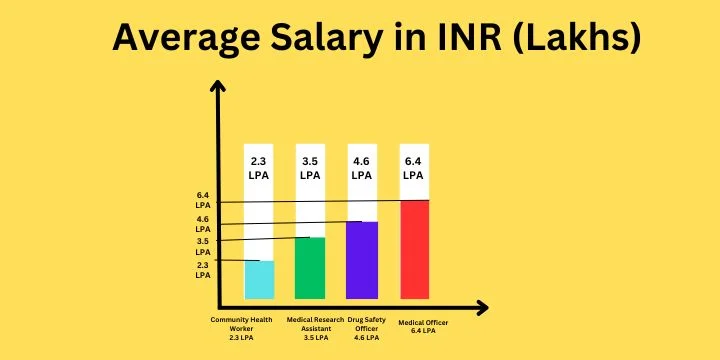
Private Employment Opportunities for BSMS
| Job | Average Salary |
| Medical Assistant | 3 LPA |
| Clinical Research Associate | 3.4 LPA |
| Medical Consultant | 7.2 LPA |
| Pathologist | 10 LPA |
Graphical Representation for Private Employment Opportunities for BSMS
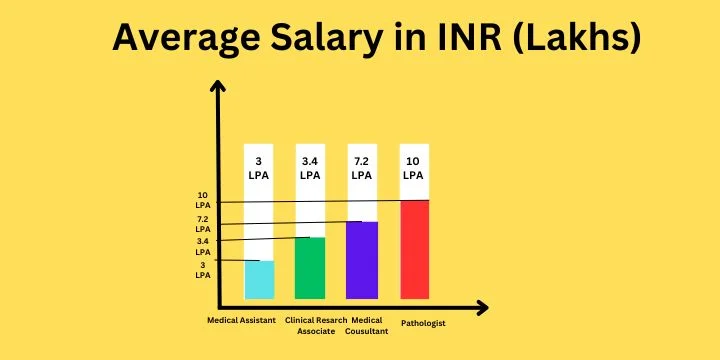

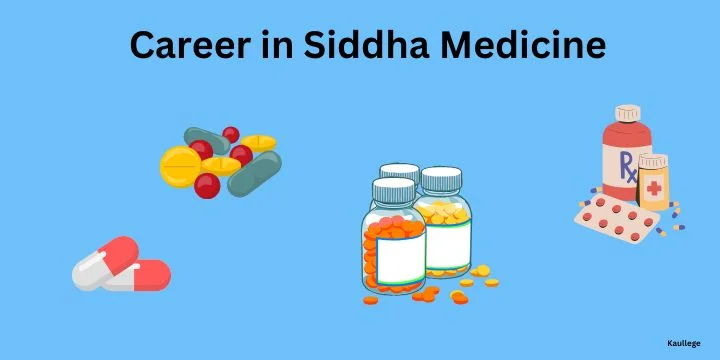
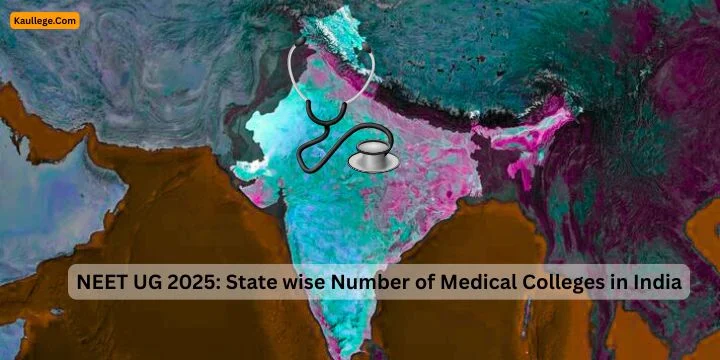
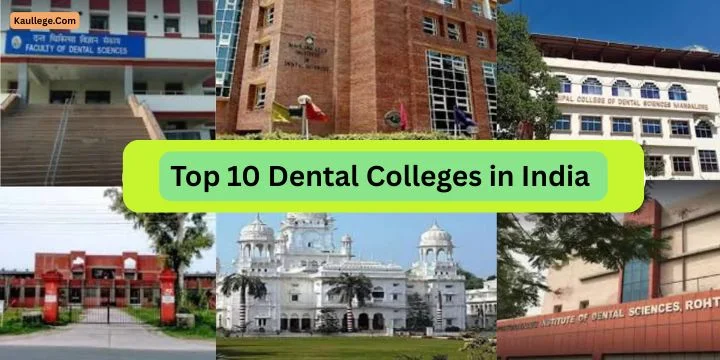

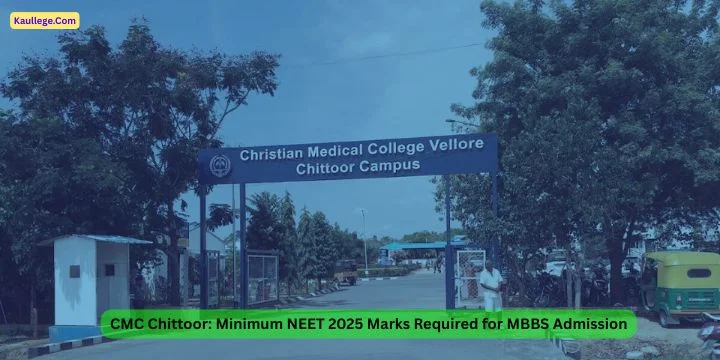
Leave a Reply